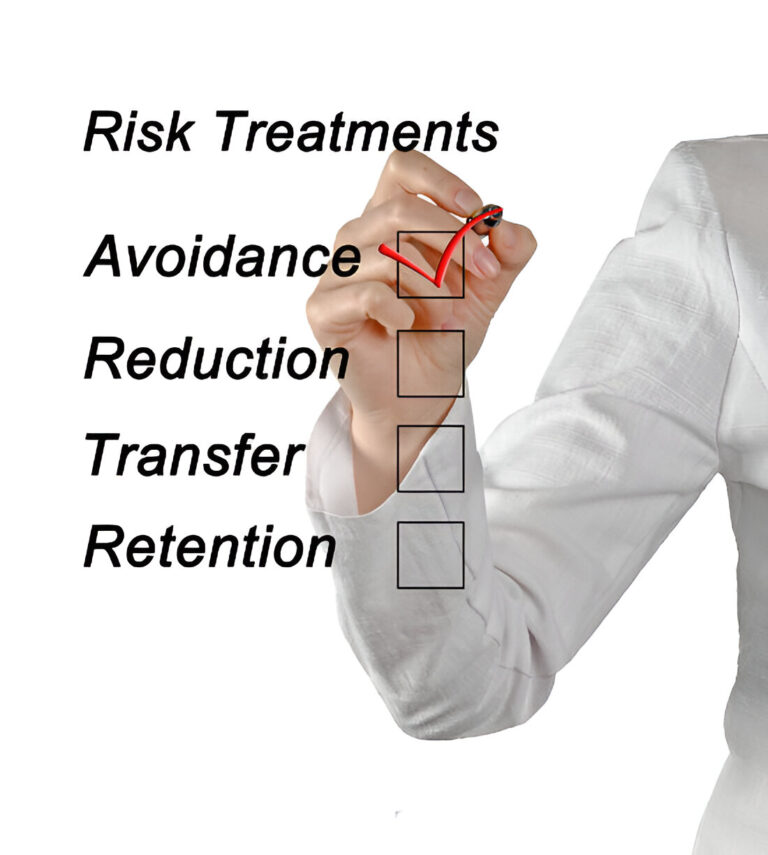Recovery from alcohol addiction is a lifelong journey. Completing alcohol use disorder treatment is a major step, but staying sober requires continuous effort. One of the biggest challenges in recovery is preventing relapse. Without a solid plan, individuals may fall back into old habits, especially when faced with stress or triggers. The good news is that relapse prevention strategies can be incorporated into daily life. By making small but intentional changes, individuals can build a strong foundation for lasting sobriety after alcohol use disorder treatment.
Practicing Healthy Coping Mechanisms
Before seeking alcohol use disorder treatment, many individuals used alcohol as a way to cope with stress, sadness, or frustration. To prevent relapse, it is crucial to replace alcohol with healthier coping mechanisms. A supportive environment like Carrara luxury rehab center can play a vital role in helping individuals develop those positive coping strategies within a structured and supportive environment.
Some effective strategies include:
- Deep Breathing and Meditation – These techniques reduce stress and improve emotional regulation.
- Exercise and Outdoor Activities – Physical activity releases endorphins, which help improve mood.
- Creative Hobbies – Engaging in art, writing, or music provides a healthy emotional outlet.
- Talking About Feelings – Sharing emotions with a trusted friend or therapist helps process difficult situations.
Building new habits makes it easier to deal with daily stressors without turning to alcohol.
Continuing Therapy and Self-Reflection
Therapy should not stop after alcohol use disorder treatment ends. Long-term success often depends on continued counseling. Therapy helps individuals:
- Work through underlying emotional issues.
- Develop stronger coping mechanisms.
- Address any signs of relapse early.
Self-reflection is also a powerful tool in recovery. Journaling is a great way to track progress, express emotions, and identify challenges. Writing down daily thoughts can help individuals recognize patterns and make better choices.
Avoiding Overconfidence and Complacency
Many people experience a false sense of security after alcohol use disorder treatment. They may believe they have complete control over their addiction and can have just one drink. This kind of thinking can lead to a dangerous relapse.
To avoid complacency, it is important to:
- Stay committed to attending meetings and therapy sessions.
- Regularly review recovery goals.
- Remind oneself of the reasons for getting sober.
- Continue practicing relapse prevention strategies every day.
Overconfidence is a common reason for relapse. Staying humble and focused helps individuals maintain long-term sobriety.
Developing a Relapse Prevention Plan
A relapse prevention plan is a written strategy that outlines what to do if cravings arise or if relapse seems possible. This plan should include:
- Emergency Contacts – Therapists, sponsors, or trusted friends who can provide immediate support.
- Coping Techniques – Healthy ways to handle stress and cravings.
- Triggers and Warning Signs – A list of personal triggers and early signs of relapse.
- Steps to Take After a Slip – Actions to regain control quickly if a mistake happens.
Having a plan in place ensures that individuals are prepared for any challenges that arise in recovery.
Seeking Help Immediately After a Slip
Relapse is not a failure. It is a learning experience that can help strengthen future recovery efforts. If a slip occurs, seeking help immediately is the best course of action. Waiting too long can lead to deeper relapse.
Some steps to take include:
- Calling a sponsor or therapist.
- Attending a support group meeting.
- Reviewing personal recovery goals.
- Reflecting on what caused the slip and how to prevent it in the future.
The sooner help is sought, the easier it is to get back on track.

david Miller is an experienced English language expert with a deep passion for helping others communicate effectively and confidently. With a background in linguistics and literature, He provides clear, accessible insights on grammar, writing, and communication strategies. Through well-researched articles and practical advice, David Miller aims to make language learning both inspiring and achievable for readers of all levels.


